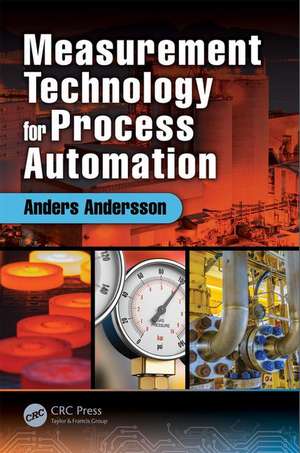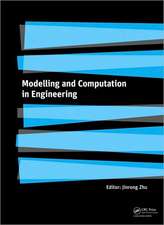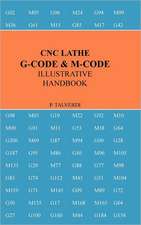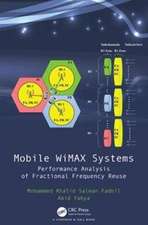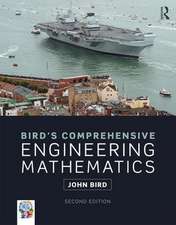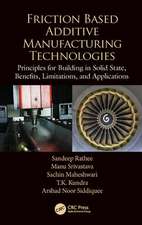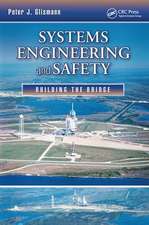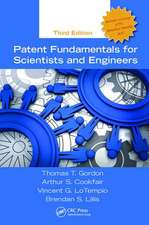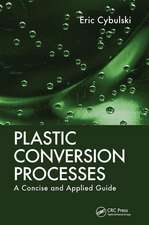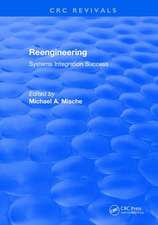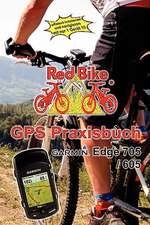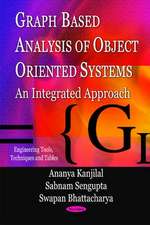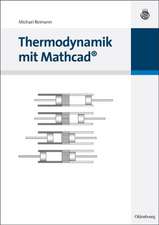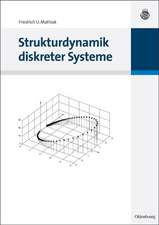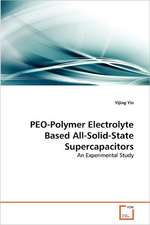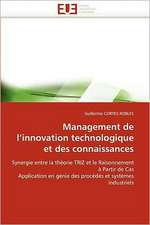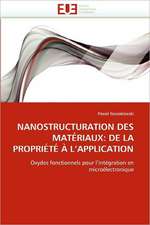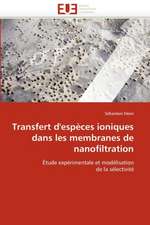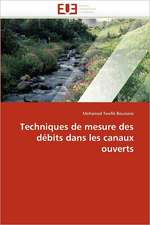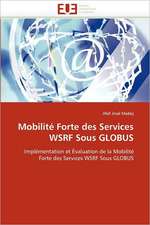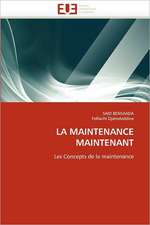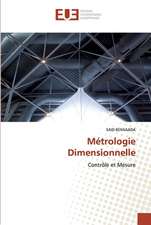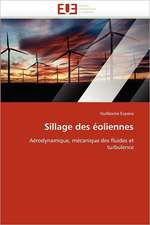Measurement Technology for Process Automation
Autor Anders Anderssonen Limba Engleză Paperback – mai 2017
Preț: 582.82 lei
Preț vechi: 685.67 lei
-15% Nou
Puncte Express: 874
Preț estimativ în valută:
111.55€ • 116.02$ • 93.48£
111.55€ • 116.02$ • 93.48£
Carte tipărită la comandă
Livrare economică 13-27 martie
Preluare comenzi: 021 569.72.76
Specificații
ISBN-13: 9781138035393
ISBN-10: 1138035394
Pagini: 196
Ilustrații: 44 Tables, black and white; 55 Illustrations, color
Dimensiuni: 156 x 234 x 11 mm
Greutate: 0.39 kg
Ediția:1
Editura: CRC Press
Colecția CRC Press
ISBN-10: 1138035394
Pagini: 196
Ilustrații: 44 Tables, black and white; 55 Illustrations, color
Dimensiuni: 156 x 234 x 11 mm
Greutate: 0.39 kg
Ediția:1
Editura: CRC Press
Colecția CRC Press
Public țintă
Professional Practice & DevelopmentCuprins
Application Examples. Flow Meters. Pressure Sensors. Temperature Sensors. Level Meters. Analytical Instruments. Electrical Signals. Valves, Pumps, and Pipes. Process Safety. Calibration and Traceability. Measurement Uncertainty. Foundations of Metrology.
Notă biografică
Anders Andersson is a metrologist for Gustaf Fagerberg AB, a process control company in Sweden. His everyday work includes design and review of measurement systems with focus on uncertainty, safety, and quality. Andersson is active in the Swedish instrumentation organisation ITF and the International Society of Automation (ISA) as President Elect in the Sweden section. He organises seminars and courses and holds lectures on measurement technology at various events and schools.
After an education in electronics, Andersson started his career at SP Swedish National Testing Institute. His work in the fluid flow group has included research, standardisation, certification, and legal metrology. In 2003, Andersson published a book in measurement technology in Sweden: "Mätteknik för processindustrin." For a period of time Andersson ran his own consultancy company, but since 2012 he has been employed as senior advisor at a private company.
After an education in electronics, Andersson started his career at SP Swedish National Testing Institute. His work in the fluid flow group has included research, standardisation, certification, and legal metrology. In 2003, Andersson published a book in measurement technology in Sweden: "Mätteknik för processindustrin." For a period of time Andersson ran his own consultancy company, but since 2012 he has been employed as senior advisor at a private company.
Recenzii
"This book provides step by step approach of studying measurements from the practitioner’s viewpoint. It deals with an information for selecting of instrument and measuring the data from the sensing devices. It also covers not only the instruments but also the valve so that the trainee is able to understand the processes around the factory or plant. Lastly, upon the strengths above, this book will be utilized for the fundamental courses and industrial application and is worthwhile to teach to the student who needs to be refreshed."
— Jae Cheon Jung, KEPCO International Nuclear Graduate School, Korea
"The largest advantage of this book is that it describes the essential issues in the process measurement in a concise manner, which is easy to understand even for non-experts of measurement technology."
— Yoshiya Terao, National Metrology Institute of Japan, AIST
— Jae Cheon Jung, KEPCO International Nuclear Graduate School, Korea
"The largest advantage of this book is that it describes the essential issues in the process measurement in a concise manner, which is easy to understand even for non-experts of measurement technology."
— Yoshiya Terao, National Metrology Institute of Japan, AIST
Descriere
The book provides a practical and applied way of measuring instruments for flow, pressure, level, and temperature. Such instruments are used to control processes in manufacturing industries for food, beverages, chemicals, pharmaceuticals, oil, water and waste water, power, etc. With higher prices for raw materials and more severe requirements for safety and environmental issues, there is a growing demand to measure with high precision. Learning these methods, working principles, terminology, concepts, and standards, will enable the reader to avoid errors and common faults. The book will help any process industry to reduce the risk of high costs and damage to both people and equipment.
